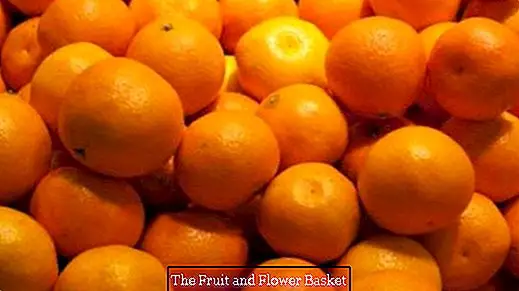When does vitamin C (ascorbic acid) break down while cooking?
Again and again, I read here the "horror morbid" that vitamin C (ascorbic acid) is "killed" when cooking the fruits or vegetables that contain vitamin C. That's not quite true.
First of all, vitamin C is not a "living thing" or something similar that could be "killed off". It is an organic chemical compound. It is a colorless and odorless, crystalline, readily water-soluble solid. This can decompose very well, but killing does not work :)
Vitamin C decomposes only at 190 to 192 degrees. This means that you can not decompose the vitamin C with boiling, because boiling water has a temperature of about 100 degrees. Of course that does not mean that the vitamin C is not lost! Over time, it goes into the cooking water, since it is water-soluble. And then you have nothing left.
The vitamin C content is highest in fresh vegetables and fruits. When cooking, drying or soaking as well as during storage, the vitamin C content decreases. Cooking these foods decreases the vitamin C content by about 30%.
So what's the best? It is safe to cook food while still having a relatively high level of vitamin C. Vitamin C does not decompose when cooking, but it slowly goes over into the cooking water. Therefore, you should not overdo it with cooking. Who cooks his peppers for an hour, need not be surprised that the vitamin C has gone into the cooking water :)
According to Wikipedia, Camu-Camu (2000mg / 100g) and the acerola cherry (1300mg to 1700mg / 100g) have the highest vitamin C content measured so far. Since both are not really growing in Europe, but you can fall back on the rosehip (1250mg / 100g). Other popular vegetables and fruits have i.d.R. about 5 to 200mg of vitamin C per 100g. If you are interested in the exact numbers, you will find them here:
//de.wikipedia.org/wiki/Ascorbins%C3%A4ure#Vorkommen
Incidentally, those who cook cabbage or sauerkraut can even increase their vitamin C content, since in these foods ascorbic acid is bound in larger molecules. If you cook them, these molecules disintegrate and you have more Vitamin C! Of course, do not cook too long, because otherwise the vitamin C goes back into the cooking water.





